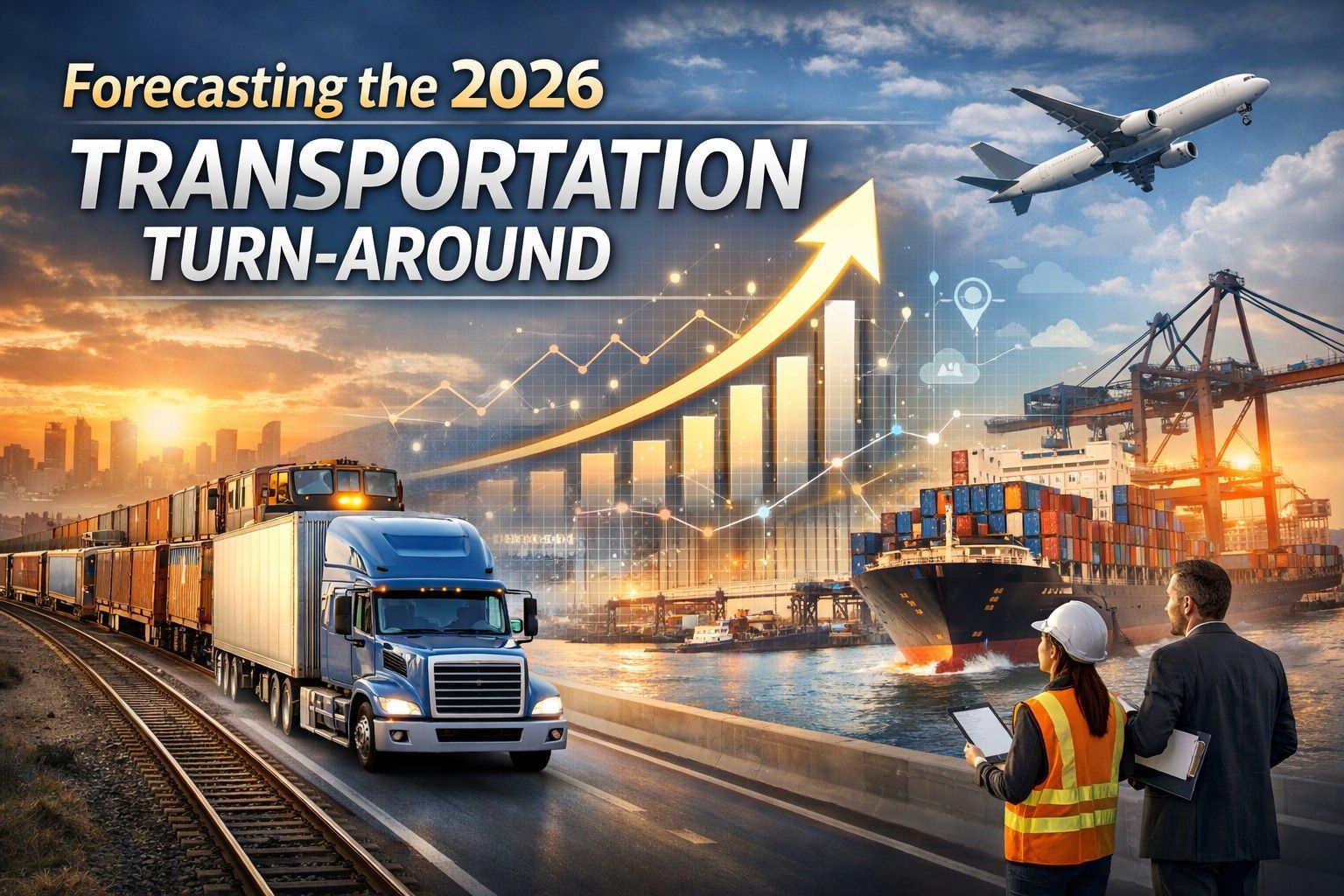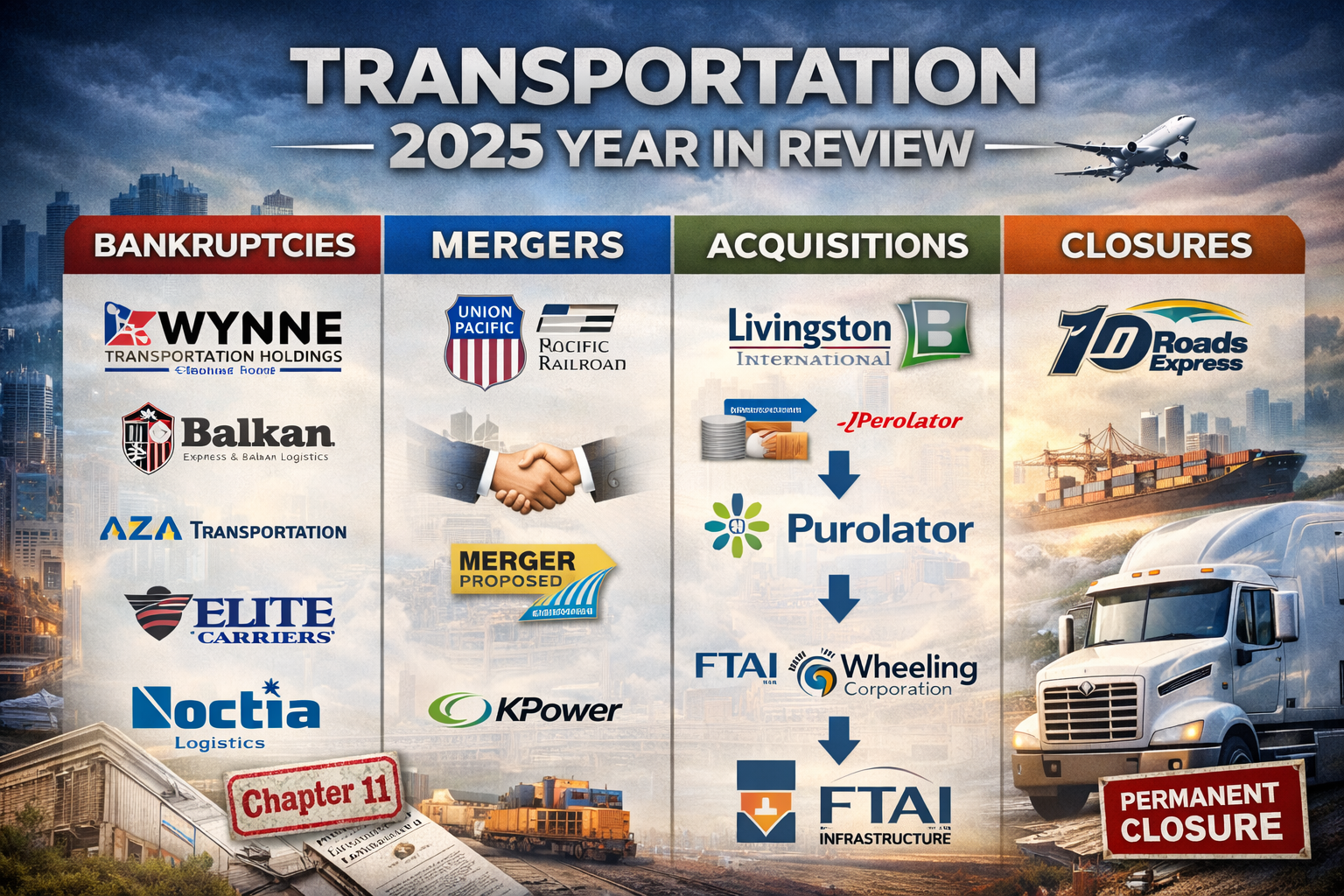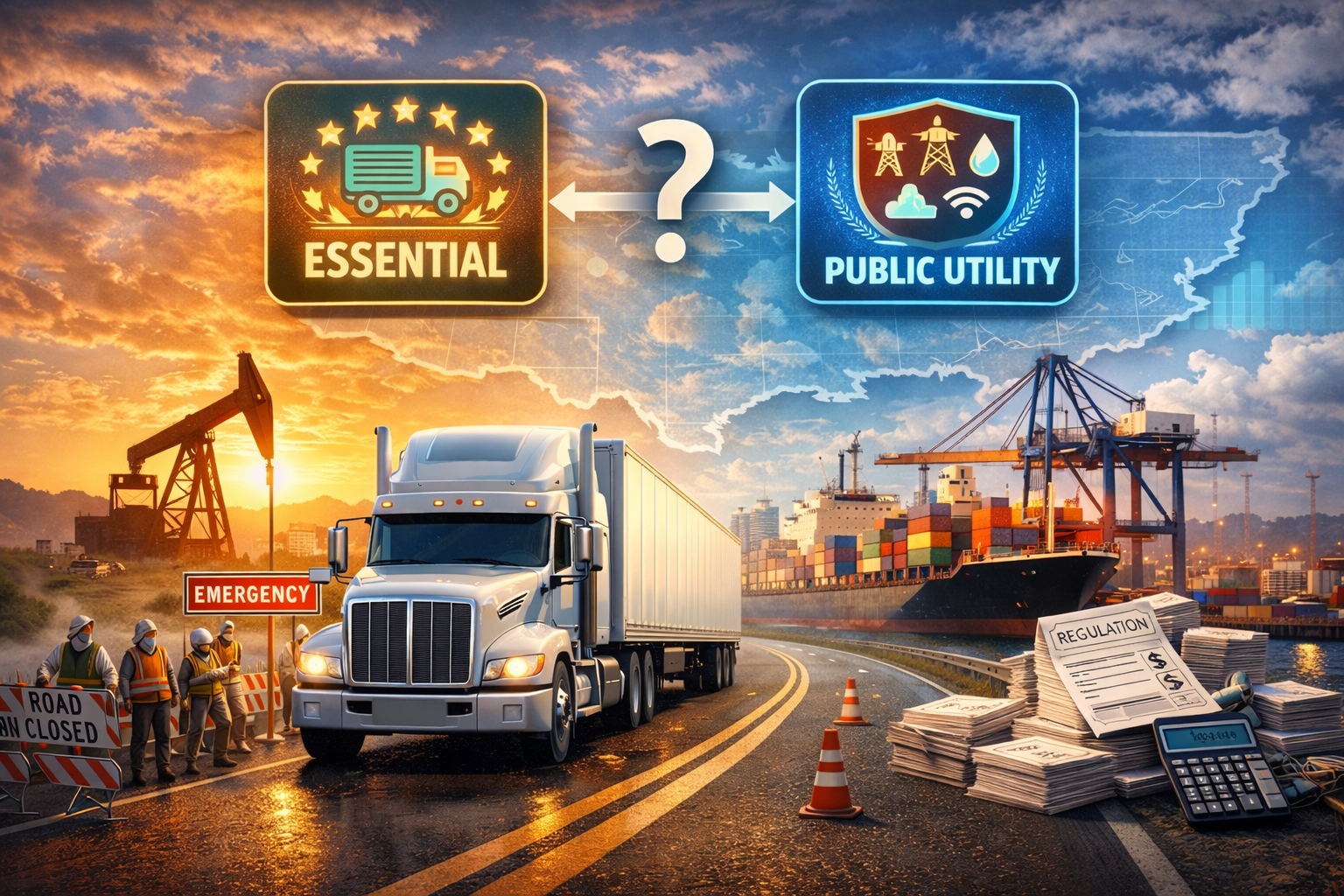Common Sales Tax Compliance Challenges and How to Avoid Them
Share this Article:

Transportation companies face a wide range of challenges: keeping shipments moving, tracking fuel prices, and so much more. One challenge that can be easily overlooked until an audit takes place is sales tax compliance. There is a wide range of sales tax obligations that your supply chain company may face, which we'll cover in this article.
Understanding Sales Tax Obligations in Supply Chain & Logistics
One of the main reasons why sales tax obligations are often overlooked is that logistics businesses tend not to notice these issues as readily as a product-based company would. Rapid shifts in sales tax at a range of state, county, and city levels can be difficult to keep up with, even in the best of times. These changes can make it difficult at best to remain in compliance with sales tax agencies.
Common Sales Tax Compliance Challenges
Though there can be many challenges when it comes to staying in compliance with sales tax laws, agencies, and requirements, the following five issues are the most onerous and also the most common:
Misclassification of Taxable vs. Exempt Transactions
In the transportation industry, there are a range of transactions that may be taxable or exempt from tax, depending on the situation and the type of tax involved. As an example, misclassifying lodging expenses for your drivers, navigators, engineers, or pilots as sales tax exempt, when in fact it's part of their per diem under the federal income tax code, can lead to significant issues and leave you open to an audit.
Keeping Up with Changing Tax Laws and Rates
Especially during election times, the many changes that occur in sales tax compliance can be difficult to stay on top of. One best practice is to have one individual handle all the sales tax rate and law changes. If there is too much work for a single person to take care of, consider splitting the job among a very small number of people, such as having one person per state, or splitting a state geographically.
Managing Sales Tax in Multi-state Operations
Keeping up with just the different tax rates within your state can be difficult enough. As an example, some states have taxes at the state, county, and city levels that need to be addressed. When you cross state lines, that burden can double or increase even more with every state that you add. As with the point above, having one person in the organization be responsible for handling sales tax changes is vital to success.
Errors in Record-Keeping and Documentation
When you have a seller and a buyer in any transaction, there may be questions about which rate of tax is used. Generally, in-state purchases are handled at the seller's rate, while interstate purchases are charged tax at the buyer's location. When these rates are not handled accurately, it can cause significant discrepancies between what the seller charges and what the purchaser should pay in sales tax.
Handling Sales Tax Audits and Penalties
Even if your business handled every part of its sales tax process properly, audits can still take place. In this situation, you want to have a solid process already in place and tracking to document your sales tax burdens. In some situations, such as record-keeping errors, you may have a penalty to pay, or you can appeal the decision to a higher authority if you feel it was not calculated properly.
How to Avoid Sales Tax Compliance Pitfalls
To best handle these challenges while avoiding issues in sales tax compliance, we recommend a multi-faceted approach that allows you to improve accuracy and documentation without increasing workload.

Implementing a Proactive Sales Tax Compliance Strategy
To stay on top of changes in sales tax rates and rules, it's important to develop processes and procedures to keep your business in sales tax compliance. This can include assigning a specific person or persons to handle particular geographic regions, regular internal audits to check the accuracy of the processes your company puts in place and similar measures.
Leveraging Technology and Automation for Accuracy
Technology and automation in today's digital world can make your process easier and more accurate. There is a wide range of products on the market that can help you track, report, and record your sales tax payments and usage, reducing the risk of an audit or penalties.
Regularly Reviewing Tax Obligations and Nexus Status
Even if it needs to be split among a small team of people, being proactive in reviewing changing tax obligations, including Nexus status, is vital to keeping your company in sales tax compliance. This can include reviewing new cases that have come through the jurisdictions that your company works in, such as South Dakota vs. Wayfair, Inc.
Proper Documentation and Record-Keeping Best Practices
Part of your process in your sales tax compliance strategy should include appropriate documentation and record-keeping to ensure that you're keeping your business in line with industry best practices. This includes digitization of records, creating backups of your systems, and regularly recording your documentation on archival-grade materials.
Working with a Tax Consultant to Minimize Risk
Staying in sales tax compliance is difficult if you're also trying to keep a smaller company operating smoothly, and it's often a task that gets pushed to the side in favor of more timely matters. Using a tax consultant can not only keep you in compliance while minimizing risk, but it can also be less expensive, as the cost of their expertise is spread out over all of their clients.
Key Takeaways
Keeping your transportation, supply chain, or logistics company in sales tax compliance is a difficult task, but unfortunately, it's one where even common mistakes can cost your company everything if it's not handled correctly. Having an overall strategy, assigning regulatory reviews to specific individuals, keeping documentation, and working with a consultant can deliver strong results to protect your business.
Share with Us:




